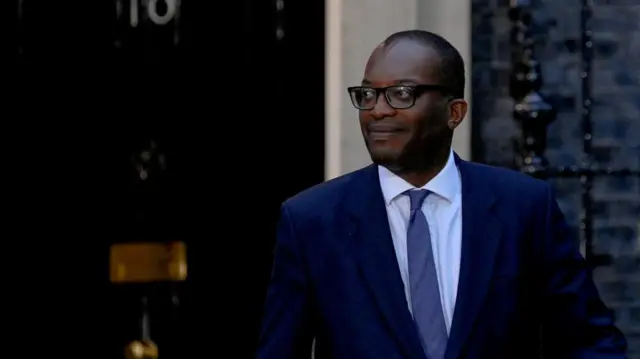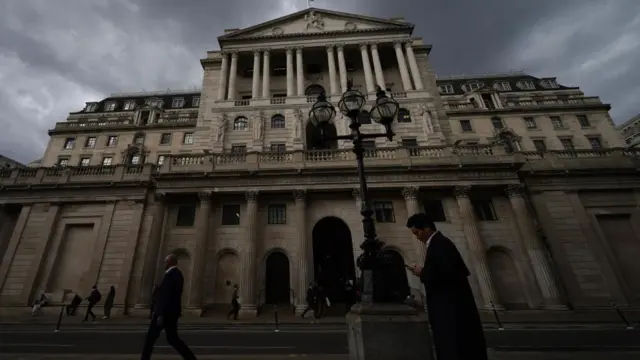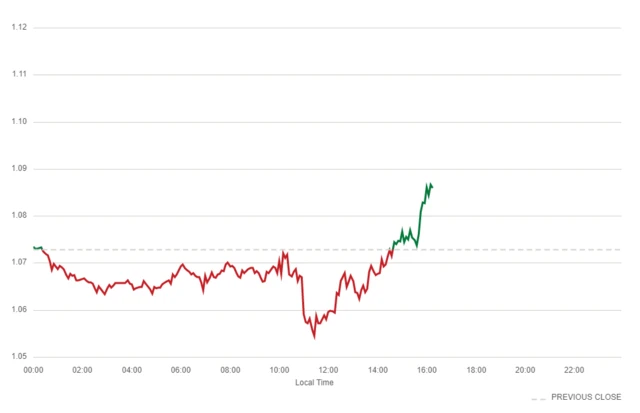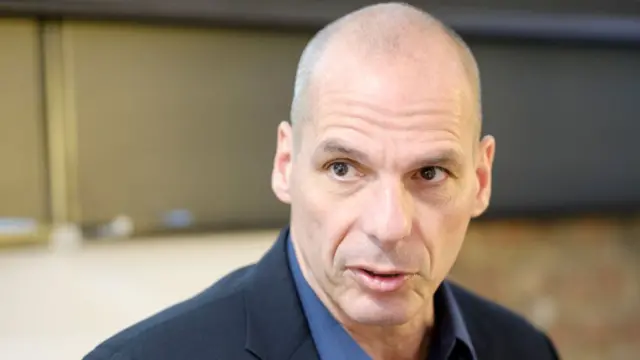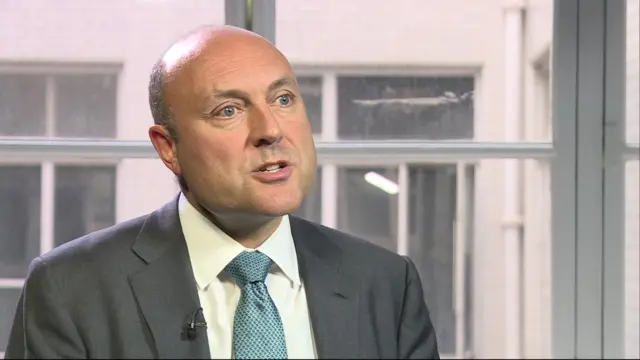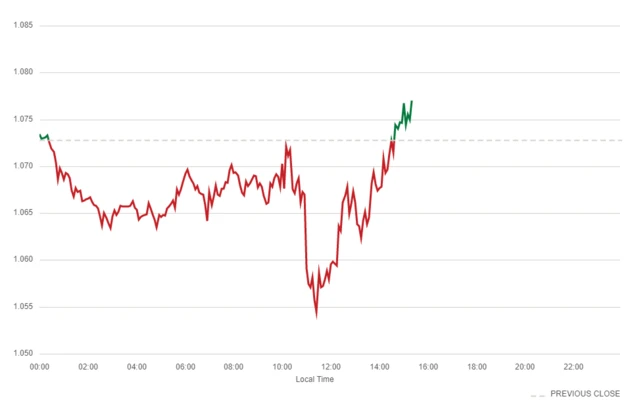Thanks for joining uspublished at 21:01 BST 28 September 2022
We're closing our live page shortly - thanks for joining our coverage of economic turbulence in the UK.
Here's a recap of the day's developments:
- Treasury minister Andrew Griffith insisted the government's tax-cutting policies were the "right plans" and denied the government was responsible for recent market turmoil
- Griffith said Russia's war in Ukraine had caused market volatility and that "every major economy" has been affected
- The government is preparing plans for major cost-cutting across departments to help balance the budget, the BBC has been told
- The Bank of England said it would step in to calm the markets by buying government debt to stabilise the economy - amid fears over the value of investments held by pension funds
- The value of the pound has been volatile, but rallied against the US dollar this afternoon following the Bank's announcement
Today's live page was brought to you by Alys Davies, Adam Durbin, James FitzGerald, Dulcie Lee, Emily McGarvey, Jen Meierhans, Emma Owen, Rachel Russell, Alex Therrien and Aoife Walsh.





